By Shuaib I. Shuaib
Remember Col. Frank Omenka. As head of the Directorate of Military Intelligence, he is infamous for carrying out the dirty work of the regime of Gen. Sani Abacha; detaining dissidents from politicians to journalist and even military colleagues who had fallen foul of the government. Brig Gen. Haliru Akilu was even more known for leading the DMI with his named persistently linked to the killing of Dele Giwa though it has never been proven. Akilu would go on to also serve as the head of the Defence Intelligence Agency and the National Intelligence Agency, succeeding Aliyu Gusau in all of those positions except for the NIA seat. Gusau would however serve as President Olusegun Obasanjo’s National Security Adviser. Generally, though, the heads of the DIA have rarely featured in Nigeria’s public discourse in terms political scandals or security breaches. The only other head of the DIA to gain political prominence is Babagana Monguno, who was NSA to President Muhammadu. That is, until now. Today, the story is different. The DIA is enmeshed in the middle of an alleged coup that has claimed the jobs of Service Chiefs and is threatening the existence of other intelligence organisations.
In so many ways, the politics of Pakistan resemble the plots and machinations for power in Nigeria. Both have populations of roughly 200 million each and in both countries, politics is dominated by competing tribal, regional and institutional interests. But while Nigeria is shared space between Muslims and Christians, Pakistan is almost entirely Muslim. You would think that alone would be enough to make its politics less contentious than Nigeria’s. In reality, Pakistan probably has the most intense, competitive and at the same time, interesting politics you can imagine. Intensity, after all raises interest and curiosity. Several different factions compete for absolute power, with holding considerable sway. There are tribal leaders, religious leaders, armed groups and the business community. Then there are biggest players, the Judiciary, the Army and the career politicians that make up the executive; all aiming at one another’s throats.
In recent years though, the power balance has begun to tilt towards the armed forces. Prime ministers have been toppled by both the judiciary and military alike and vice versa. In fact, governments in Pakistan have been brought down in every way imaginable, through military coups, no-confidence votes, street protests and even by assassination and a judicial verdict sentencing a prime minister to death by hanging. The competition has ensured no faction can amass or hold on to power for too long. But if there’s any individual that came close to consolidating power, it was Nawaf Sharif, who was elected prime minister several times; sometimes decades apart. The second time Sharif lost power back in 1999, he tried to sack the Army Chief of Staff, Pervez Musharraf, who was mid-air. The move backfired with Musharraf taking power for himself. The last time he lost his premiership, Sharif was in a power tussle with military intelligence officials over control of Pakistani foreign policy. That is how powerful the Inter-Service Intelligence is. The ISI has been accused of interference in neighbouring countries and fuelling some of the wars. But its usefulness to Western powers has partly been responsible for its rise and oversize influence over Pakistani politics and its leading role in shaping foreign policy. Its equivalent in Nigeria would be the DIA.
Apart from peace missions in Sierra Leone and Liberia, and now its role in the Multi-National Joint Task Force taking on insurgents in West Africa, militarily, Nigeria hasn’t really engaged in foreign entanglements. It is hard to say how much influence DIA has had in the setting up and running of the Multi-National Joint Task Force that is combating insurgency in the subregion. It’s not nothing that Nigeria has Defence Attaches in embassies across the world. Normally, the DIA should be seeking intelligence on capabilities; in terms of weapons and manpower, resources, technology and defence plans of Nigeria’s adversaries, while at the same assessing the country’s own defences.
It seems to have its sights elsewhere. The few engagements Nigeria has had tell the story of its Chief of Defence Intelligence, Maj. Gen. Emmanuel Udiandeye, who was Deputy Chief of Operations, United Nations Mission in Liberia and is an International Counterterrorism Fellow.
Most citizens might be unaware, but the inter-agency rivalry between Nigeria’s intelligence and security organizations is strong. It was in part what led to the dismemberment of the National Security Organization into three: the NIA, DIA and the SSS. The NSO before its breakup dwarfed the DMI. Splitting the NSO was Gen. Ibrahim Babangida’s way of creating an equilibrium in the balance of power among the agencies. That did not stop the competition. DMI supplanted the SSS in the Abacha years. Olusegun Obasanjo restored the SSS’s role as lead agency in domestic intelligence and threats to the state, while the NIA outshined all the rest in Buhari’s government.
Since 1999 at least, the battle for supervision over all of them has been fiercer than the inter-agency rivalry itself. During Goodluck Jonathan’s president, Aliyu Gusau, who had had an illustrious military and political career was Defence Minister only in name. He lost out to the NSA, Col. Sambo Dasuki who managed to take control of the armed forces and intelligence agencies. Similar conflicts played when Muhammadu Buhari was president. Service Chiefs were known to ignore summons from the NSA Babagana Monguno and instead answered to Abba Kyari, Buhari’s Chief of Staff. The absence of a similar power tussle goes to the heart of issues bedevilling President Bola Tinubu’s government. If there has been any infighting, it is over where the money is, CBN, FIRS and daggers drawn over NNPC. Apart from his role as Commander in Chief of the Armed Forces, he has left them to drift. No one has actual command of the military, not his defence ministers; Mohammed Badaru and Bello Matawalle, not his NSA, Nuhu Ribadu and not his Chief of Staff, Femi Gbajabiamila. But the fallout of going toe to toe with Kyari was how Monguno created the Directorate of Intelligence within the National Counter Terrorism Centre, both under the supervision of the NSA.
They were both rival agencies that undermined the DIA.
The DIA is now mounting a comeback from years of neglect to redeem itself. And it has gotten the attention of President Tinubu. In the presidential statement replacing the service chiefs, the head of DIA, Maj. Gen. Undiandeye was singled out for mention as having retained his position. Nothing was said about the head of the DMI, once the most feared intelligence and security apparatus in Nigeria. DIA’s redemption stems from the unraveling of an alleged coup plot which coincidentally entangles officers in agencies set up as a counterforce to it. The consistency of most of the information emanating from government sources about the planned coup to overthrow President Tinubu are almost impossible to ascertain. Nevertheless, the DIA exploits in recent weeks have thrust the agency into national consciousness in ways it has never been. The whole construct of the coup is problematic with the narrative changing, modified and expanded to ensnare more people. First it was reported all the involved officers were in the ONSA, then the report changed to only one being in the NSA’s office and that was NCTC. There definitely are more questions than answers. The fact that government is only releasing information about the coup using sources and is publicly denying it, makes harder to get answers to the gaping holes in the narrative. One way to get answers would be for the suspected culprits to be charged to court instead of a tribunal or court martial. Just as relevant however is where the DIA goes from here considering it has the president’s ear. Will it get a makeover in the mould of Pakistan’s ISI and in whose image will Undiandeye finally emerge, Babagana Monguno, Haliru Akilu or Aliyu Gusau’s?



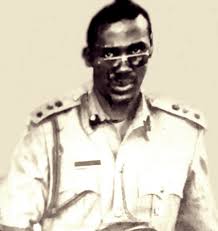
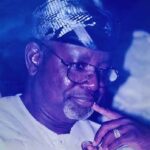
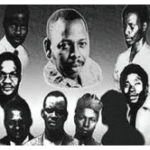

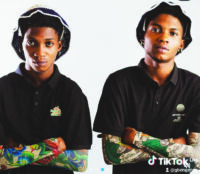


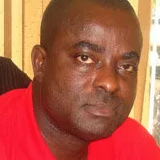
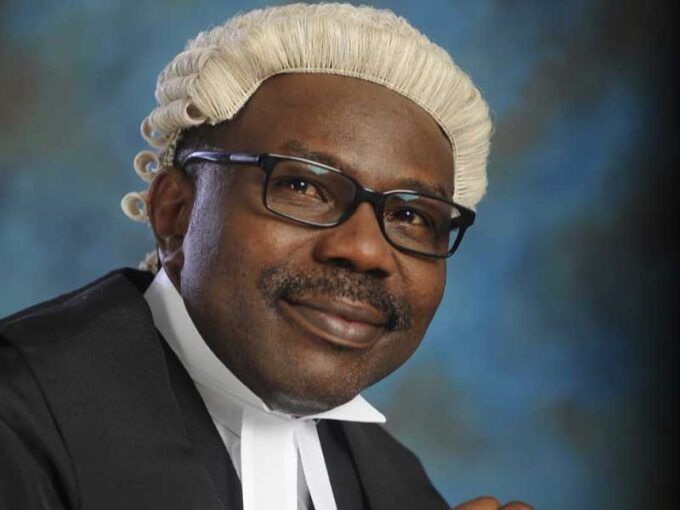
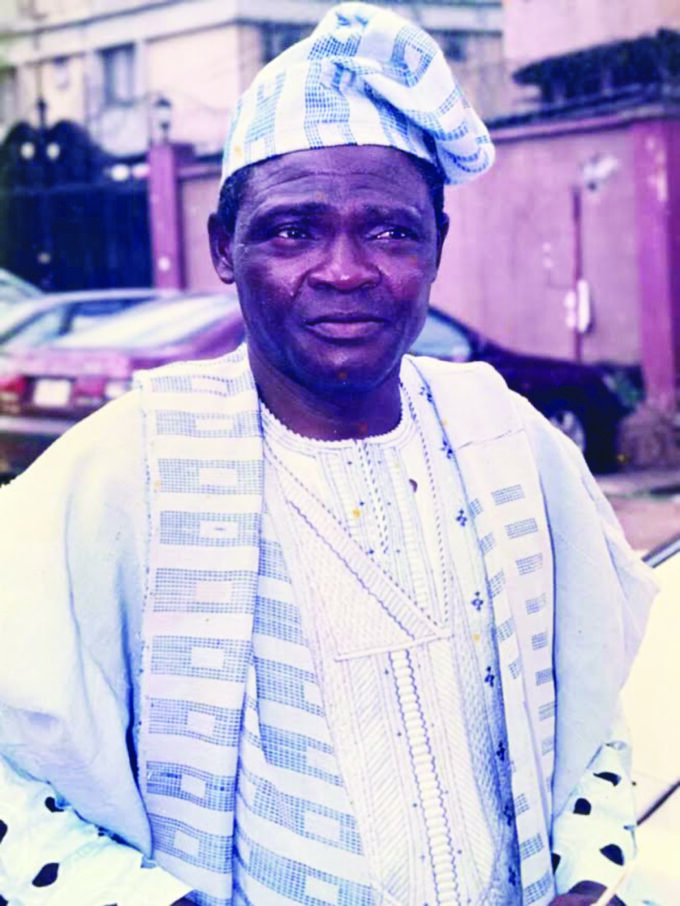


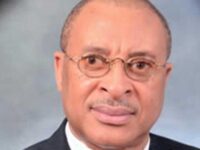

Leave a comment